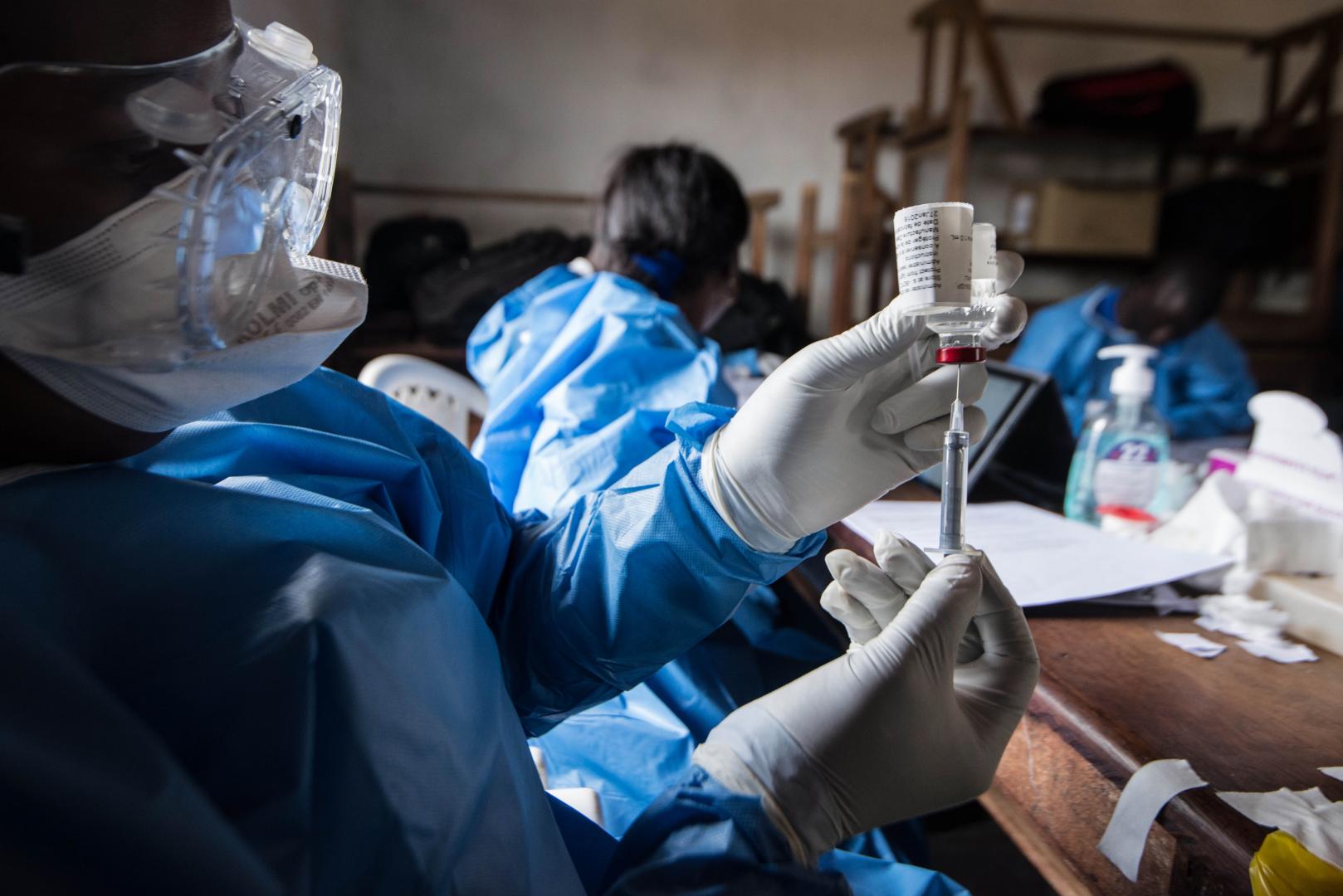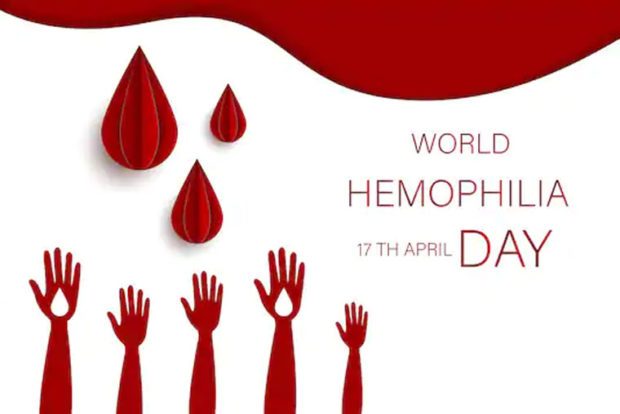The World Health Organization's regional director for the Eastern Mediterranean warned about the effects of the fighting on the healthcare infrastructure in the nation as the crisis in Sudan entered its third week.
Approximately 61 percent of Khartoum's medical institutions ceased operations as a result of direct military attacks, military occupation of those institutions, and staff layoffs. This is the health condition in Sudan, particularly in the war zones, according to Dr. Ahmed Al-Mandhari, regional director of the World Health Organization's office for the Eastern Mediterranean. In Khartoum, 23% of hospitals operate partially, and 16% operate at full capacity.
The conflict has caused a mass departure of qualified healthcare workers from the nation, worsening the predicament.
In the upcoming weeks, 24,000 women are predicted to give birth without the assistance of a mother.
"Numerous professionals with training in the medical field are escaping Sudan... Due to direct attacks, numerous NGOs and non-NGOs have withdrew. It's a calamity, by any means," said the regional director.
The UN estimates that 15.8 million people, or almost a third of the population, need help even before the violence began.










.jpg)